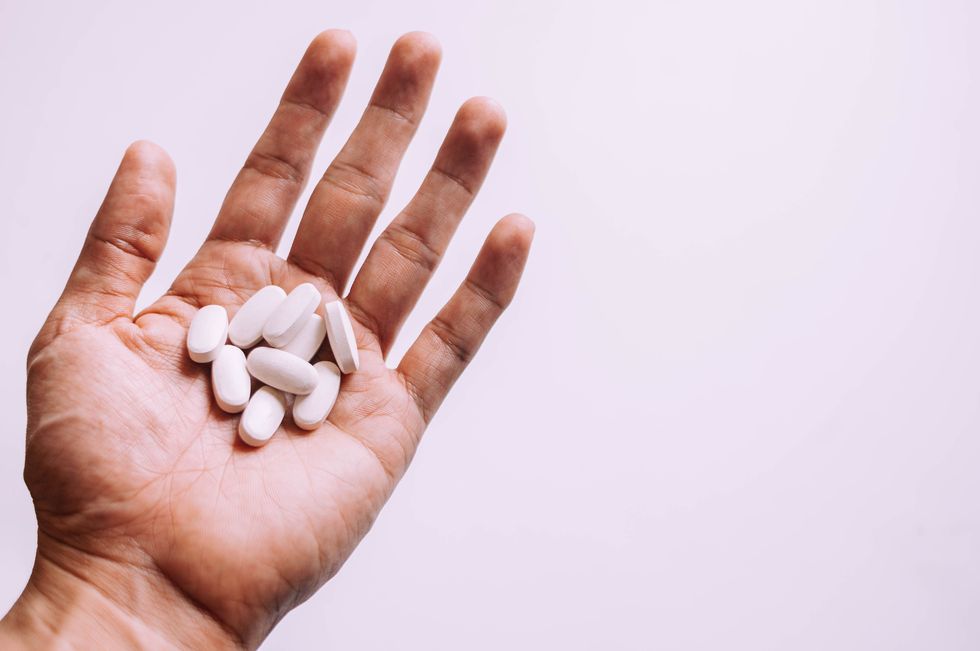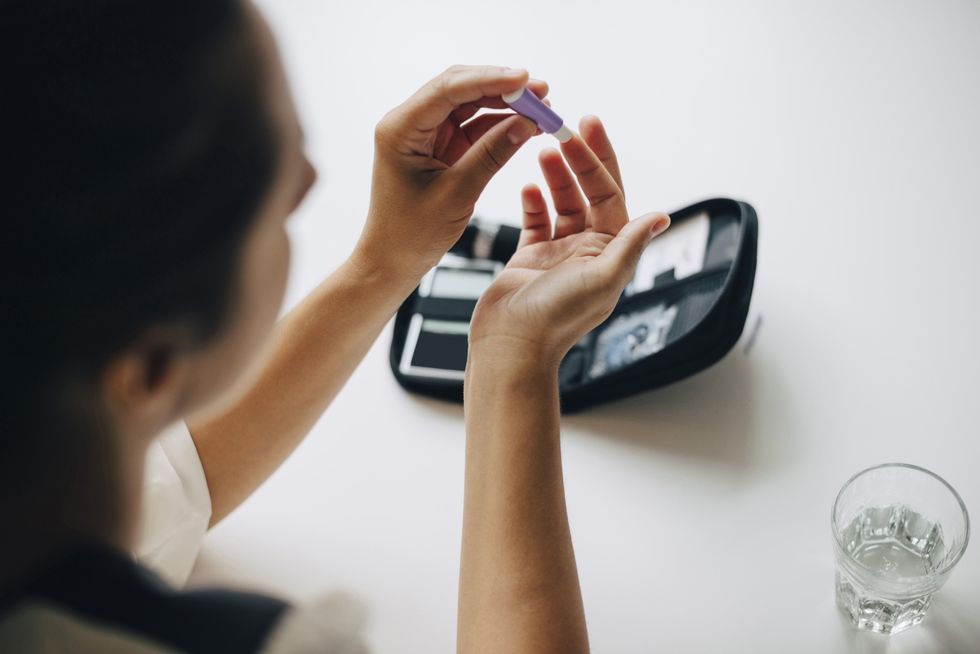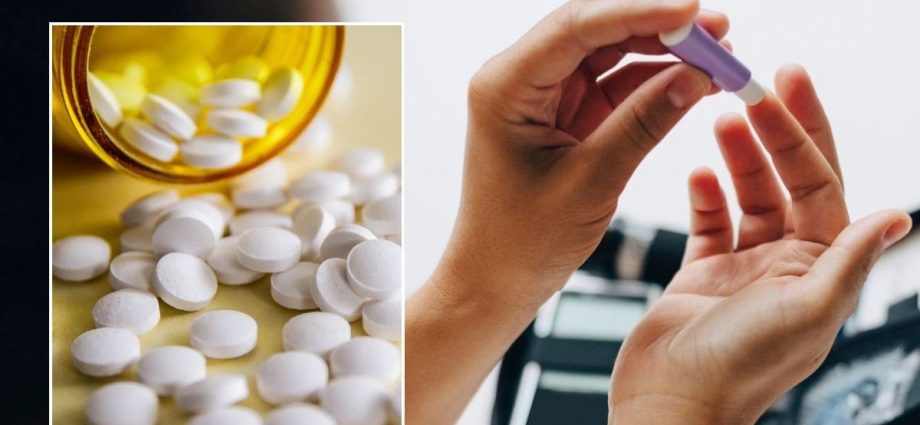New research suggests that antibiotics given to infants during a critical developmental window may increase their risk of diabetes later in life by stunting the growth of insulin-producing cells in the pancreas.
The study, published this month in the journal Science, identifies specific microorganisms that help these vital cells proliferate during early life.
The findings highlight the importance of the human infant microbiome – the collection of bacteria and fungi living in our bodies during our first few years.
Scientists believe this research could lead to new approaches for addressing various metabolic diseases.

Antiobiotics may stunt the growth of insulin-producing cells in the pancreas
GETTY
Researchers discovered that human babies are born with a small number of pancreatic “beta cells”, which are the only cells in the body that produce insulin.
During a baby’s first year, there is a once-in-a-lifetime surge in beta cell growth.
“If, for whatever reason, we don’t undergo this event of expansion and proliferation, that can be a cause of diabetes,” explained Hill, one of the study’s authors.
The study identified a fungus called Candida dubliniensis as particularly powerful in promoting beta cell development.
In experiments, researchers gave broad-spectrum antibiotics to mice during a specific window equivalent to seven to 12 months of human life.
These mice developed fewer insulin-producing cells, higher blood sugar levels, lower insulin levels and worse metabolic function in adulthood.
“This, to me, was shocking and a bit scary,” said Round, a senior author of the study. “It showed how important the microbiota is during this very short early period of development.”
When male mice predisposed to Type 1 diabetes received the Candida fungus in infancy, they developed diabetes less than 15 per cent of the time. Those without the fungus developed diabetes 90 per cent of the time.

The research could lead to new approaches for addressing various metabolic diseases
GETTY
The researchers suggest that in the future, doctors might give microbe-based drugs or supplements alongside antibiotics to replace beneficial microbes that are killed off.
Hill stresses that she is not “anti-antibiotics” but sees potential in harnessing specific mechanisms microbes use to develop treatments for healing a damaged pancreas.
She recently helped establish a “germ-free” facility at CU Boulder where animals can be raised without microbes.
“Historically we have interpreted germs as something we want to avoid, but we probably have way more beneficial microbes than pathogens,” she said.


